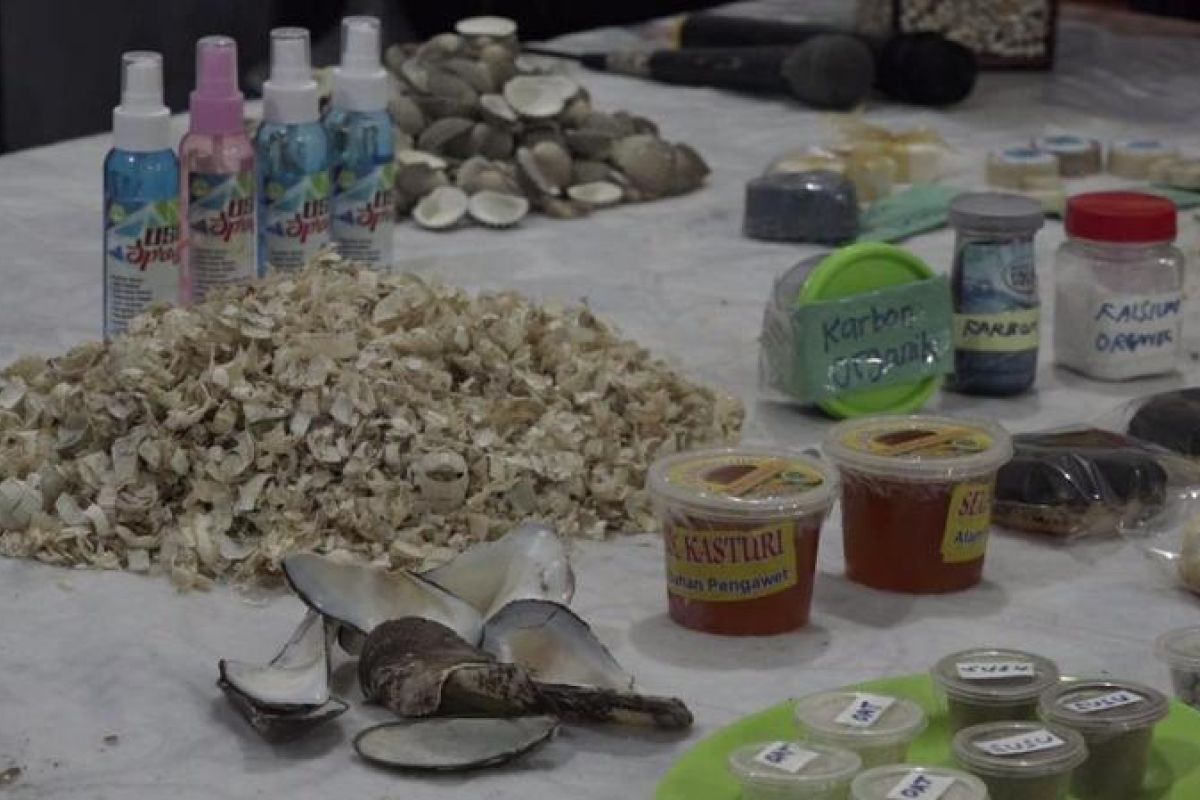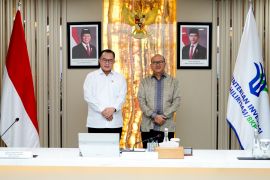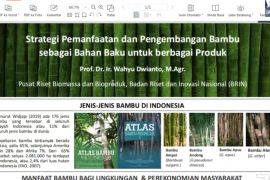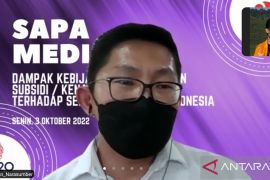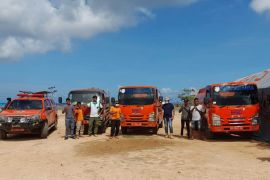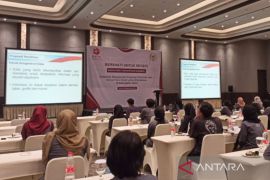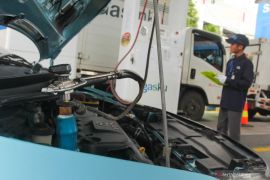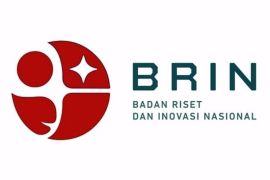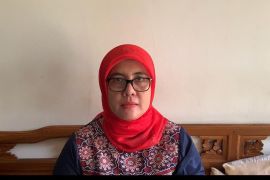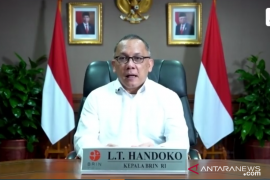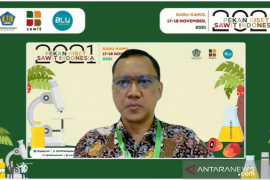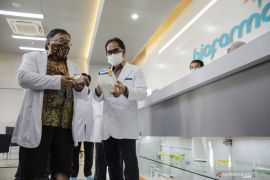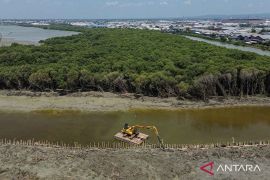"This is motivated by the large (amount of) domestic wastewater (produced) in Indonesia with a limited management process. Alternative technology is needed both on a business and individual scale," Head of the BRIN Environmental Research and Clean Technology Center, Ario Betha Juanssilfero, noted in a statement from BRIN on Wednesday.
Juanssilfero underscored the need for waste management research to support environmental preservation and as a renewable energy material.
His side has conducted waste management research in the form of wastewater recycled into clean water using the anaerobic-aerobic biofilter process and membrane bioreactor (MBR) technology.
"Proper waste management can give rise to various opportunities, including conversion to energy. Research and collaboration are needed to realize it," Juanssilfero remarked.
Hence, BRIN's meeting with GNIDCC and KOICA is one of the efforts in the field of research cooperation for green energy, especially food waste management.
Related news: Indonesia to tackle food loss, waste with Denmark’s help
GNIDCC representative Kwanyoung Kim stated that waste in Indonesia reached 63.9 million tons in 2021. This figure is projected to increase along with pollution from organic waste.
"Indonesia currently produces 25.4 million tons of food waste and 10.9 million tons of green waste. Unfortunately, only 7.5 percent of this organic waste has been managed through the composting mechanism," Kim remarked.
Kim noted that food waste management is still not prioritized as compared to plastic waste management. Hence, the management of food waste needs to be considered through a systematic, massive, and structured approach.
The meeting between BRIN and the South Korean counterparts aimed to discuss further cooperation in waste-to-energy (WtE) management.
Discussions at the meeting also covered the development of technology and policies related to green transformation, climate change mitigation, and sustainable industrial ecosystem management.
Related news: Ministry, BRIN collaborate on food irradiation to reduce waste
Related news: Bapanas urges action on Indonesia's food waste
Translator: Sean Filo M, Resinta Sulistiyandari
Editor: Yuni Arisandy Sinaga
Copyright © ANTARA 2024
